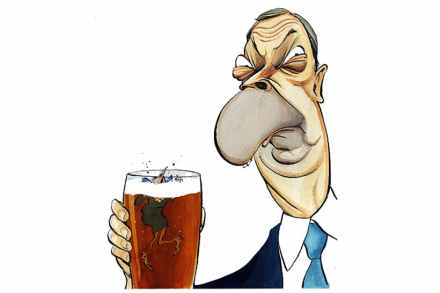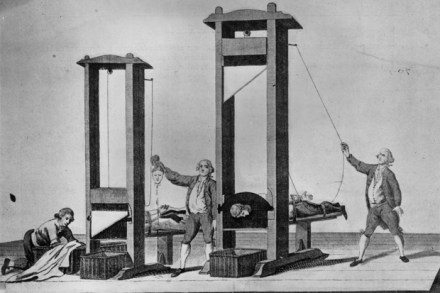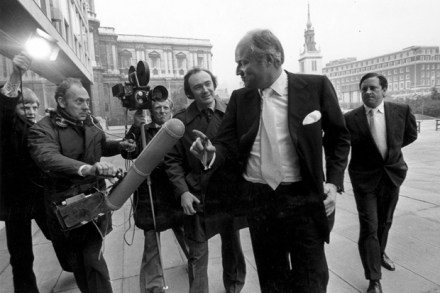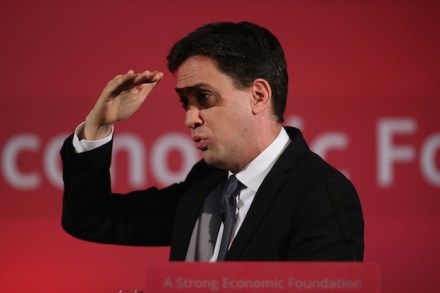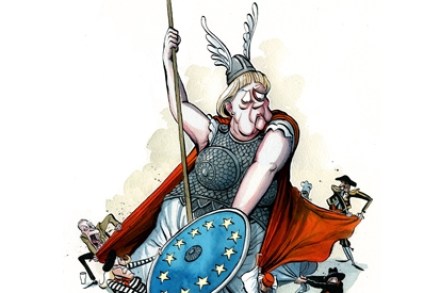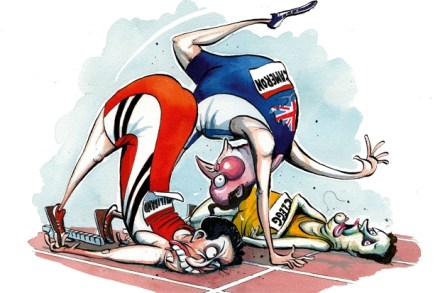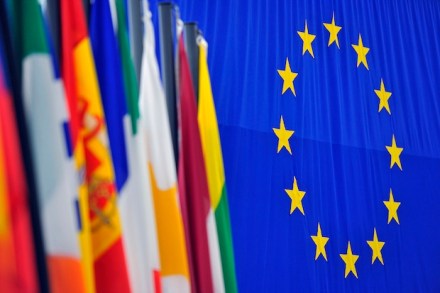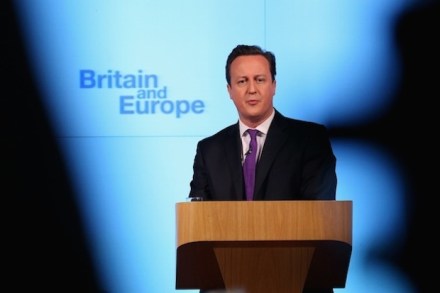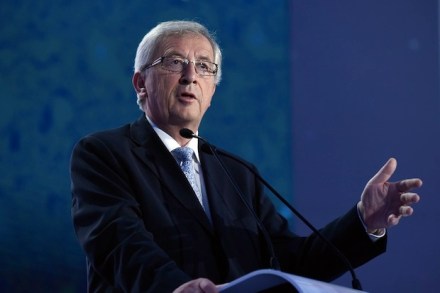Cameron confident about renegotiation result: but will it please voters?
David Cameron was in an extremely confident mood when he addressed the press at the end of today’s EU summit in Riga. He continually joked about journalists needing to write stories about the trials and tribulations of his EU renegotiations over the next couple of years, but those stories not meaning very much at all. ‘My advice would be – a bit like the election, really – wait for the result!’ he said gleefully when asked whether he would get what he wanted from the renegotiation. But he later admitted that ‘I’m not going to say I was met with a sort of wall of love when I arrived.’ Still,


